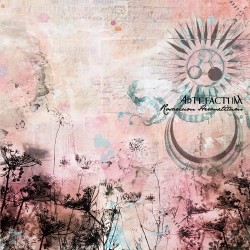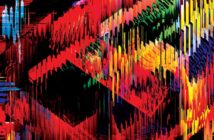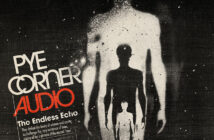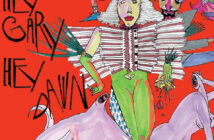The Renaissance opened minds as well as long forbidden books, as the Church could no longer slake humanism´s thirst for knowledge. In 15th-century Florence, Marsilio Ficino revived Plato´s Academy, shuttered since the sixth century, and the intellectuals of Europe began emptying the shelves of the cluttered “poison cupboard” to which the Vatican´s thought police had relegated all teachings considered the slightest threat to its authority.
Along with Plato´s works (long lost to the West but preserved by the Muslims of North Africa), Ficino also translated the Corpus Hermeticum into Latin, making these tracts available to Europeans for the first time. Purported to be the writings of Hermes Trismegistus, a sage who pre-dated Moses (though actually the work of many Hellenic hands in the era of Roman Egypt, circa 100-300 CE), its doctrines, fusing the Eastern occult with Greek, Arabic and Jewish philosophy, literally resulted in alchemy, which profoundly affected the next few hundred years of medical, pharmaceutical, cosmological and spiritual thought. Not to mention inspiring avaricious visions of untold wealth, stirred by the belief that alchemy could produce gold from base metal. Esoteric systems developed by Agrippa, Paracelsus and John Dee – Queen Elizabeth I´s personal angel-summoner – transformed mankind into a being whose connection with the earth was as important as that with the heavens. They consorted with and complemented the mainstream science of Tycho Brahe, Robert Boyle and even Isaac Newton.
First self-released by Artefactum (Merissa d´Erlette) in 2006, Rosarium Hermeticum (The Hermetic Rosary) revels in “the ancient and eternal wisdom” and gives it a sound. This gorgeous new edition includes two bonus tracks and new artwork, a palimpsest pretty in pink. It is a beautiful, evasive ambient work straddling the microcosm and the macrocosm, the gloom and the glory. Sampled from a Hollywood fantasy adventure, the question “Are you flesh or are you spirit?” is reiterated apprehensively before the whispered answer comes borne on the wind. The wispy ghosts of readers past curl off the pages of brittle manuscripts that haven´t been opened in centuries, as desultory organ notes slip through cracks in a wall made of stones. A peal rings, trapped inside the bowl of a giant bell, and d´Erlette´s obscured vocals are the steam emitted by a low-boiling bain-marie. Her lyrics are taken directly from the Hermetic canon, to wit The Emerald Tablet (wherefrom we received the doctrine of “as above, so below”) and the Ripley Scrolls.
The entire album is so quiet, yet the space so full. An angelic choir and an angelic orchestra loop within the circumference of an oblong mandala, and now reaches back to touch then, as another clip of movie dialogue rolls while monks chant. The additional tracks, recorded in 2013, serve nicely as an epilogue, ending with a chilly reading of Longfellow´s poem ´Birds of Passage´ by fellow musical metaphysician Grzegorz Siedlecki.




